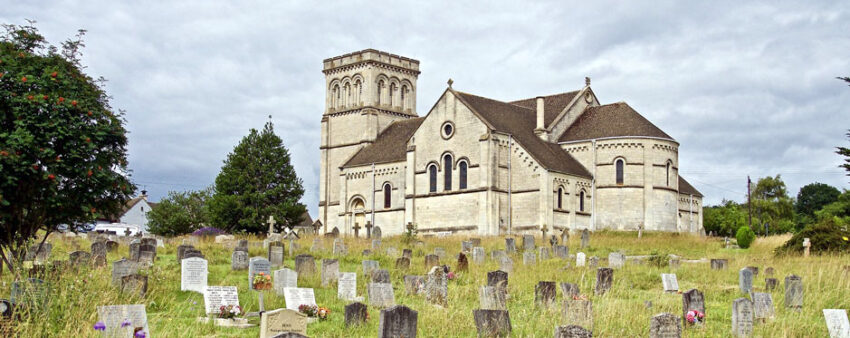
So Many Dead Lie Around
Yesterday with a group of friends in a large circle, we discussed “God,” considered our relationship to church, our past experience that inevitably effects our sense of what-the-sacred-means to each of us now. One of our group shared this Philip Larkin poem. I remembered reading it many years ago, when I was much younger, a middle aged man. Now in my senior years, these lines present as sharped, as accurate as anything I can imagine.
Church Going
Once I am sure there’s nothing going on
I step inside, letting the door thud shut.
Another church: matting, seats, and stone,
And little books; sprawlings of flowers, cut
For Sunday, brownish now; some brass and stuff
Up at the holy end; the small neat organ;
And a tense, musty, unignorable silence,
Brewed God knows how long. Hatless, I take off
My cycle-clips in awkward reverence,
Move forward, run my hand around the font.
From where I stand, the roof looks almost new-
Cleaned or restored? Someone would know: I don’t.
Mounting the lectern, I peruse a few
Hectoring large-scale verses, and pronounce
“Here endeth” much more loudly than I’d meant.
The echoes snigger briefly. Back at the door
I sign the book, donate an Irish sixpence,
Reflect the place was not worth stopping for.
Yet stop I did: in fact I often do,
And always end much at a loss like this,
Wondering what to look for; wondering, too,
When churches fall completely out of use
What we shall turn them into, if we shall keep
A few cathedrals chronically on show,
Their parchment, plate, and pyx in locked cases,
And let the rest rent-free to rain and sheep.
Shall we avoid them as unlucky places?
Or, after dark, will dubious women come
To make their children touch a particular stone;
Pick simples for a cancer; or on some
Advised night see walking a dead one?
Power of some sort or other will go on
In games, in riddles, s-eemingly at random;
But superstition, like belief, must die,
And what remains when disbelief has gone?
Grass, weedy pavement, brambles, buttress, sky,
A shape less recognizable each week,
A purpose more obscure. I wonder who
Will be the last, the very last, to seek
This place for what it was; one of the crew
That tap and jot and know what rood-lofts were?
Some ruin-bibber, randy for antique,
Or Christmas-addict, counting on a whiff
Of gown-and-bands and organ-pipes and myrrh?
Or will he be my representative,
Bored, uninformed, knowing the ghostly silt
Dispersed, yet tending to this cross of ground
Through suburb scrub because it held unspilt
So long and equably what since is found
Only in separation marriage, and birth,
And death, and thoughts of these for whom was built
This special shell? For, though I’ve no idea
What this accoutred frowsty barn is worth,
It pleases me to stand in silence here;
A serious house on serious earth it is,
In whose blent air all our compulsions meet,
Are recognised, and robed as destinies.
And that much never can be obsolete,
Since someone will forever be surprising
A hunger in himself to be more serious,
And gravitating with it to this ground,
Which, he once heard, was proper to grow wise in,
If only that so many dead lie round.
By Philip Larkin (1922–1985)
One thought on “So Many Dead Lie Around”
I found the poem bringing memories if visiting the smaller churches in rural areas of England. They are so sturdy and have been there often for several hundred years. There was a peaceful feel about them and we never regretted stopping by. A younger Tattersfield cousin lives in England and is a vicar in their Church of England congregation. Dawn has no children of her own and the connections at her church are very important to her.
Thanks for sending this again and thank you to P.L. who brought it to our attention.